Battling Bugs
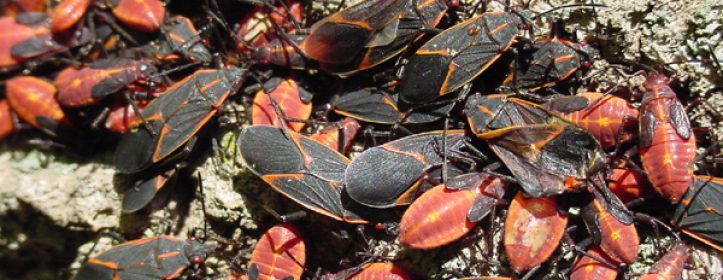
Now that all the threats of frost have abated, we’re all scrambling to play catch up with our annual flower and vegetable planting. As cool as it has been, planting any earlier wouldn’t have turned out to have any advantage at all. If the forecasts can be trusted at all we’ll FINALLY be breaking out into some nearly seasonal weather by this weekend.
With warmer days will come the annual crop of buggy pests. It’s frustrating to watch plants we’ve struggled so hard to get going (especially this year) get attacked by insects or suffer from fungal diseases. After all the effort we put in, few can simply shrug and walk away. Most of us are going to “do something about it”. The first stop is usually at the garden shop. Standing there, among all those sprays and dusts, it dawns on you that you really have no idea what you need. All you know is that you want to be rid of those #!@+#!@ bugs that are chewing up your roses or beans. Adding to your dilemma is your “politically correct” desire to consider the effect of your actions on the environment. While this attitude is admirable, it doesn’t help you with your current problem.
Though we have great employees at all of our locations that can help you with any problems that you may have, we would like to give you some basic information on insecticides. We like to break down insecticides into three categories: contact killers, ingested killers and systemic insecticides.
The contact killer and ingested killer categories contain both chemical and organic products. So far, all systemic insecticides are chemical based.
Contact killers are substances that kill any insect they come into contact with at the time they’re sprayed. Insects that re-infest the plant after the spray has evaporated will not be affected. Malathion is a well-known contact killer that has been in use for many years. Insecticidal soap, horticultural oil and pythrethrin are all examples of non-chemical and organic contact killers. At this point, we’d like to emphasize that, just because an insecticide is non-chemical or organic doesn’t necessarily mean that it’s harmless to you or wildlife in your yard. You will find virtually the same warnings on chemical and non-chemical insecticides. Pyrethrin, an organic insecticide that’s been around for years, is a very powerful agent that acts on the nervous system of insects should be used with the same caution that you’d observe when using diazinon. Our use of pyrethrin has fallen off with the introduction of insecticidal soap sprays. We find insecticidal soaps to be quite effective against soft bodied insects like aphids. When we are confronted with hard-bodied insects like scale, we turn to the horticultural oil sprays. These oil sprays coat the insects. Since insects breathe through holes in their abdomens, the light oils do a nice job suffocating them. For many years heavier oils sprays were used in orchards as a dormant oil spray to smother insect eggs before they hatched. These dormant oil sprays were too thick to use on actively growing plants since they would smother the leaves as well. The new, horticultural oil sprays are much lighter and won’t harm the plant but WILL smother the insects.
There comes a time (like when Japanese Beetles are denuding your rose bushes) that you feel the need for an insecticide that lasts longer than a contact killer. What you want then is an ingested insecticide. Ingested insecticides are those that remain on the leaves after the spray has dried so insects that chew on the leaves will consume the insecticide at the same time. Some ingestible insecticides are Sevin, Eight, and B.T. (bacillus thuringiensis). Ingested insecticides generally remain effective for several days or until rain washes them off the plant. The most commonly used ingested insecticides are Sevin and the newer Eight. Sevin & Eight are non-selective which means that any chewing insect, whether beetle or caterpillar, that eats them is killed.
Finally we must consider the strongest group of insecticides: the systemics. Systemic insecticides are those that are capable of actually entering the tissue of the plant. Systemic insecticides are most often applied to the soil around the base of the plant so that it can be absorbed into the plant along with moisture and nutrients. The obvious advantage systemic insecticides have is that they can’t be washed off by rain. Systemic insecticides generally last a few weeks so a couple of applications are all you need to protect a plant for our entire growing season. Often systemic insecticides are used when you are trying to control insects that can’t be reached with sprays. Borers and leaf miners are most effectively controlled with systemic insecticides. The systemic nature of these insecticides makes their use inappropriate on fruits, vegetables or any plant that might be eaten by man or animal. Systemic insecticides permeate the entire plant including the fruit, vegetable or seed. Not good for an edible crop.
In recent years, we’ve seen new biological controls appear on the market. You are probably already familiar with Japanese Beetle traps. There are also lures that attract aphid-eating Ladybugs into your garden. You can buy Praying Mantis eggs to introduce these beneficial insects into your garden and nothing takes care of aphids quicker than the ladybugs that can now be purchased at the garden center. We can apply Milky Spore disease to our lawn to control Japanese Beetle grubs without the use of chemicals. As time passes, more of these non-chemical controls will appear as demand for them increases.
If you decide to spray, there are a couple of things to pay attention to. First and most important is to READ THE LABEL of the product you’re about to use. If you don’t understand something, ask. NEVER mix the spray stronger than the label indicates. More is not better, and you may damage the plants you’re trying to save. Be thorough, paying special attention to spraying the undersides of the leaves. Spray from the upwind side of the area to avoid having the spray blow back onto you. Use a decent sprayer and keep it clean.
Remember that over the counter insecticides will kill the insect but can’t kill any insect eggs that may be present. So, when you spray, you’ll eliminate the bugs that are there but the next generation of them will be hatching within a week. What this means is that when you spray once you’re committed to another spraying a week after the first and another thorough spraying a week after the second spraying. This way you’ll kill the second generation before they have a chance to mature enough to lay more eggs. One spraying is usually not enough.
When you have an insect or other problem with a plant, the best way to get the correct solution is to bring a sample of the insect or damage to Hewitts with you (sealed in a baggie of course). This will avoid guesswork. Our employees have a lot of experience and have seen just about every form of pest or problem over the years. There’s nothing like picking the brain of a local expert when it comes to getting the right solution to your gardening problem.
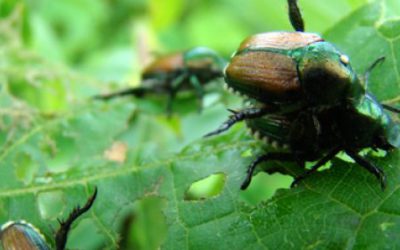
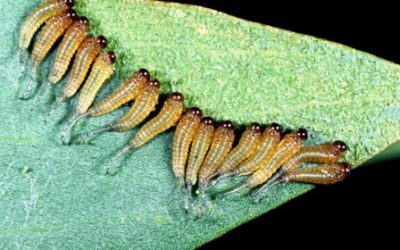
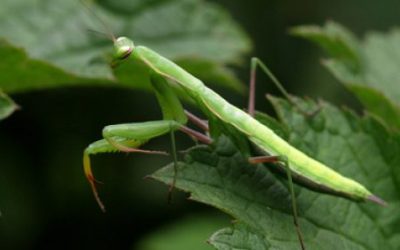
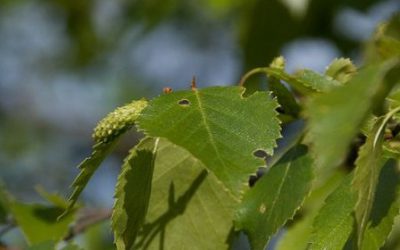
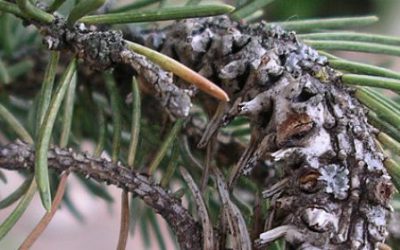
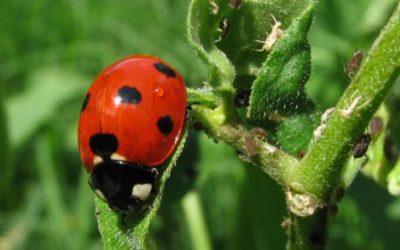
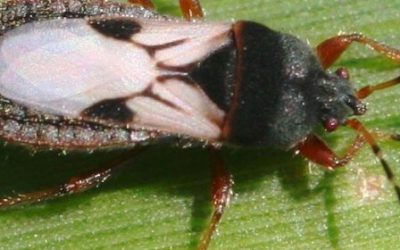
Recent Comments